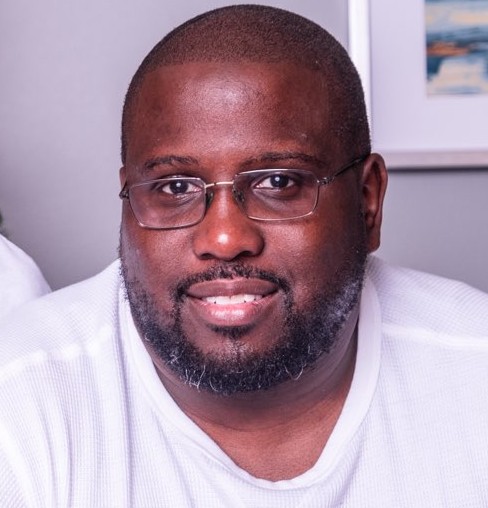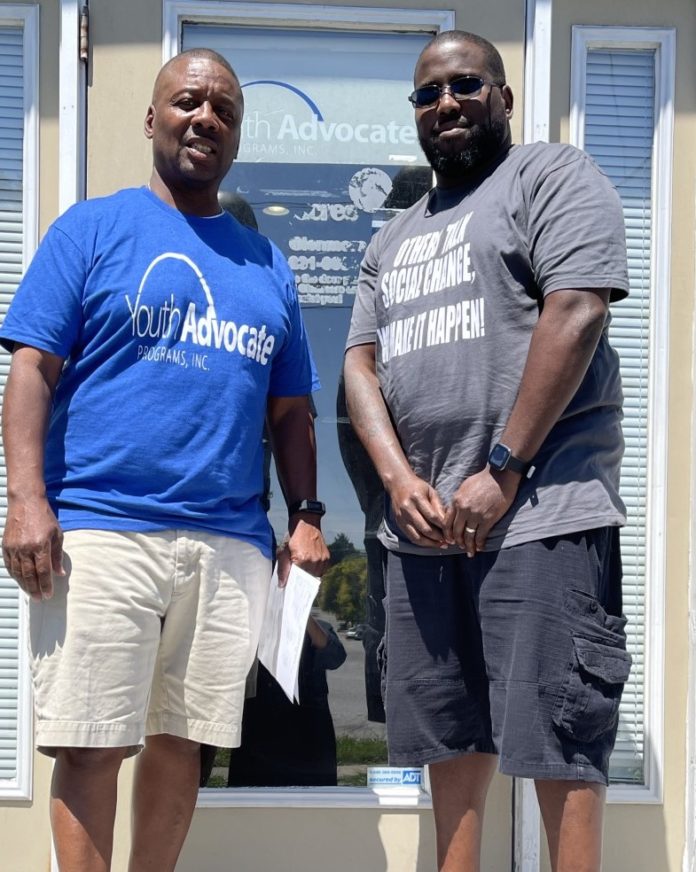Cincinnati, Ohio – The staff at Hamilton County’s Youth Advocate Programs (YAP), Inc., look for strengths in the young people they serve and build upon them to help keep youth safely home and out of trouble.
To combat gun violence in the community, the program engages with youth by showing participants the effects of gun violence, bringing speakers in to share the consequences of violence, and by providing them with new experiences — taking them to places they may never have visited before.
Ninety percent of program participants are in the program because of gun possession charges.

“There’s no magic elixir to this,” said Hamilton County Director Nate Lett. “The participants tell us that ‘everyone in the neighborhood has a gun and if I don’t have one, I am at a disadvantage.’ They’re dealing with a lot of peer pressure.”
YAP is a nonprofit in 33 states and the District of Columbia that partners with youth justice, child welfare, behavioral health, and other systems to provide transformative community-based wraparound services as an alternative to youth incarceration, congregate placements, and neighborhood violence. Neighborhood-based Advocates are paired with youth to provide them and their families with emotional, economic, and educational support. The goal is to help program participants turn their lives around while firming their family’s foundation.
“YAP is not a traditional social service agency,” Lett said. “We don’t use the same old, same old social service methods to help alleviate problems with violence and it’s really refreshing.”
Hamilton County (Ohio) Juvenile Court is one of six U.S. youth justice systems that received Safely Home program startup grants in late 2019 through YAP’s partnership with Georgetown University’s Center for Juvenile Justice Reform (CJJR). YAP and CJJR collaborated to create the unique grant to provide a year of funding to seed innovative community-based rehabilitative services for the highest-risk youth, many whose histories include serious offenses, multiple arrests, and lengthy out-of-home placements.
YAP believes young people should be accountable for their actions and connects them with individualized tools to see and manage the trauma associated with them. The nonprofit provides opportunities for young people to work, go to school and connect with victims’ groups through restorative justice initiatives. As part of its wraparound services model, YAP also asks program participants to commit to giving back to their communities.
Steve Best, a probation officer with Hamilton County Juvenile Court, said it’s great working with an agency such as YAP that recognizes life continues to happen with youth and their families outside the parameters of Monday through Friday, 8 a.m. to 5 p.m.
“Our Court’s involvement with YAP has provided the advocacy and support to ensure that court-involved youth reach their personal goals and court mandated obligations by eliminating barriers that might hinder their success,” Best said. “The capacity to provide supports for our youth and families in “real-time” has been invaluable.”
Lett said that’s why YAP takes an holistic approach in helping young people.
“If you’re not helping the family out too, in addition to the youth, then you’re putting them back into a difficult situation,” Lett added. “We must look at things from a family approach when we talk about helping youth.”
And understanding where youth come from is important, Lett says, because where some of them live, guns and violence is unfortunately normal.
Background
Lett is originally from Cleveland but spent most of his adulthood in Cincinnati and made Hamilton County his home in 2000. He joined YAP almost three years ago and has worked in social services since 1987. He’s been a director, case manager working with formerly incarcerated individuals; worked for the county, for job readiness programs and has led a fatherhood initiative.
“Most of the programs out there are for adult offenders, but we need to work on reaching youths before they enter and get entrenched in the system,” Lett said. “I have a passion for this.”
Six months ago, Lett hired Assistant Program Director Al-Raheim Washington. Washington is originally from Newark, N.J. but moved to Dayton, Ohio as a child.

“I was homeless, I was a high school dropout, and I was in recovery,” Washington said. “I changed my life around. I am sober and 12 years clean.”
After obtaining his college degree, Washington wanted a job where he could help young people and YAP seemed like the perfect fit. Before joining YAP, Washington worked at an after school program, a charter school, for the YMCA and the Boys and Girls Club.
“What these young people are dealing with I have more than likely experienced myself,” Washington said. “I know what they need and what they want. If I was in their situation when I was younger, an organization like YAP is what I would have wanted in my life.”
Lett said he and Washington are on the same page as far as their vision for transforming the lives of young people and supporting Advocates who are so heavily involved in their lives.
Right now, they’re focused on staff recruitment and maximizing engagement with youths.
“For some youths, it’s their first time being exposed to different things,” Lett said. “We take them golfing, go kart riding and fishing…We want to let them know that there are other things aside from their four blocks or area.”
Lett and Washington said they are in need of 10 additional Advocates.
“You have to have patience when dealing with these youth,” Washington said. “You need empathy to understand and to help deal with them.”
To learn more about YAP, visit yapinc.org or follow YAP on Twitter @YAPInc.



















